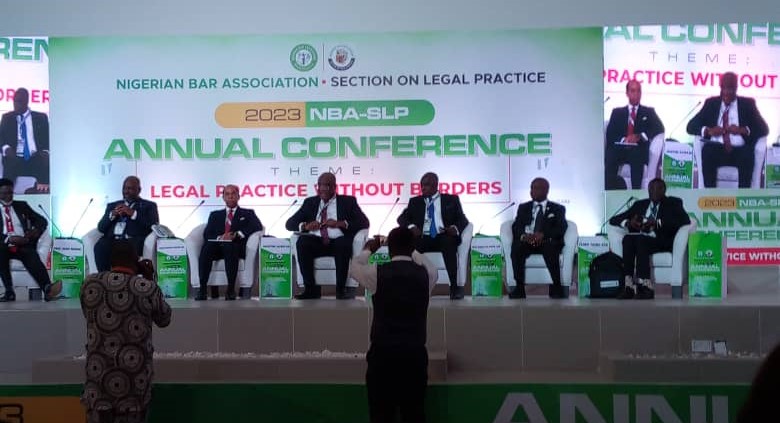NBA-SLP 2023 CONFERENCE DIARY: DAY 2
The programme started by 10:30 am with the Opening Prayer. The NBA Prayer was said by Mena Obete Esq.
This was followed by the National Anthem and recognition of notable members and special guests of Honour. This included the Chief Justice of Nigeria, Hon. Justice Olukayode Ariwoola, GCON (represented by the Administrator of National Judicial Institute, Hon. Salisu Garuba), and the Chief Judge High Court of the FCT, Hon. Justice Husseini Baba-Yusuf.
Opening Remarks were delivered by Chief Paul Harris Ogbole, SAN, Chairman, Conference Planning Committee while Welcome Remarks were said by Mr. Afam Okeke, Chairman, NBA Abuja Branch (Unity Bar). Welcome Address was given by Chief Ferdinand Orbih, SAN, Chairman, NBA Section on Legal Practice.
In his welcome remarks, the NBA president, Mr. Yakubu Chonoko Maikyau, SAN, thanked members for electing him as the 31st President of NBA. He welcomed members and special guests to the conference.
The President stated that the theme of this year’s conference gladdens his heart, adding that though there should be a cross-border charging of fees, such charges should not be the primary motivation for representation of clients. He emphasized the importance of lawyers equipping themselves with relevant skills in order remain globally competitive.
In his words, “When your client comes to you, this is a regulation that helps you to charge your clients across border. I am simply talking about being ethical and professional. The fight against corruption is a legal fight and it is only lawyers that can fight that fight. And that’s why we decided to bring in Anti-Money Laundering Act to self-regulate ourselves – which will take effect on the 1st of January, 2024 – instead of an outsider body regulating us.
“Finally, I believe that Seniors, Senior Advocates of Nigeria should be accessible to the junior lawyers, and also for mentoring purpose. The AGC Chairman and Alternate Chairman of the Conference Planning Committee are working hard to make sure we have a wonderful and memorable experience.”
Welcome Remarks were delivered by the Chief Judge High Court of FCT who welcomed delegates and guests to the conference. Senator Osita Izunaso then gave his Goodwill Message to the delegates, thanking the organizers for putting together a good programme with a good theme.
Prof. Peter Terkaa Akper, SAN gave the Keynote Address, saying: “In line with the theme, we intend to proffer suggestions for all lawyers in our representation in discharging our duties to our clients.”
The Vote of Thanks was given by the Secretary, NBA-Section on Legal Practice, Prof. Augustine Robert Agom. He thanked all the special guests, NBA President, resource persons, guest speakers, sponsors, members and delegates, and emphasized that the conferees should ensure that their voices are heard in this conference. In his words, “You have heard today that we can charge our fees without borders and we can also render our services without borders. I wish you all a good outing in this conference.” The conference was then declared open.
The Premium Showcase Session started at 1:19 pm with the topic, “Transformation of Legal Practice In Nigeria. The Chairperson of the Session was Mr. Augustine Alegeh, SAN while the Panelists were Mr. Isaiah Broderick Bozimo, Hon. Justice Daketima Kio, Dr. Nkiruka Chidia Maduekwe, Hon. Justice Taiwo Taiwo (rtd.), Prof. Agbo Madaki, and Prof. Usman Suleiman, SAN. The Panelists generally discussed challenges confronting the Nigerian judicial system.
The Director-General of the Nigerian Law School, Prof. Isa Hayatu Chiroma, SAN stated that it is a challenge graduating so many law students who have no iota of knowledge of how the legal system works outside Law School due to the limited time spent at the school. He therefore called for more training for the studenst and teachers at the school as well as provision of facilities including laptops. His words: “The era of teachers coming to class telling them to read books has gone. Basically, what students need is practical experience; students should have access to laptops, training etc. We are also confronted with challenges in our judicial system, but we are doing the best we can; we teach and mentor.”
Bozimo stated that, following a poll among Nigerians who were asked to rate the justice system, it was discovered that many Nigerians were dissatisfied with the justice system due to corruption and delay of cases. He said that we should learn from other developed jurisdictions who have functional judicial system like Singapore, United Kingdom, and South Africa.
His words: “We must draw inspiration from the success and aspire to adopt such success story to our system; solutions should be tailored to align with our unique Nigerian context. The solutions to these challenges should be Technology, Proactive Legal Policy Reform, encouraging Alternative Dispute Resolution, enabling proactive Judicial involvement, enhancing transparency, accessibility and accountability in our judicial system.”
Plenary Session Two started at 3:19 pm with topic, “Legal Practice Issues in Migration and Immigration.”
Dr. Elachi Agada spoke on the Immigration Act. He stated that there is a new Act which makes arbitration mandatory. Under the new Act, there are provisions for emergency issues on arbitration as well as sections 19, 39 & 40 on consolidation and concurrent matters subject to approval of parties. A third party can also be joined in a matter without approval by parties in the matter. He said: “There is also a change in the section on the setting aside of arbitral awards. Overall, I want to conclude by saying the new Act is a remarkable step to the provision of arbitration in Nigeria.
Plenary Session One started at 3:31 pm with the topic, “Organ Donation and Transplantation Under Nigerian Law.” Chairperson of the session was Mr. Oluseun Abimbola, SAN. Panelists included Dr. Yemi Johnson, Dr. Damilola Adejumo, Joyce Eseni Esq, and Otunba Laolu Osanyin.
Adejumo stated that there must be consent in organ donation. The donor must have given his consent in relation to organ donation; this is very explicit in the medical practitioners law. The law is very clear, the Medical Practitioners and Dental Law prescribes three minimum counselling sessions in Rule 19. This is compulsory for both the donor and the donee of the organ. Section 57 says you can still withdraw your consent after giving your consent to donate your organs.
There are also challenges in the law. Anything that has to do with organ donation is restricted to the medical practitioners alone. Well spelt out details on Section 51 are still needed going forward.
Johnson added that the permission of the family of the donor is also needed. Organ donation is mostly kidney donation. While getting the permission of the family of the donor in Nigeria may be difficult, such is not the case in the United State. ‘Nigeria factor’ is also an issue in organ donation.
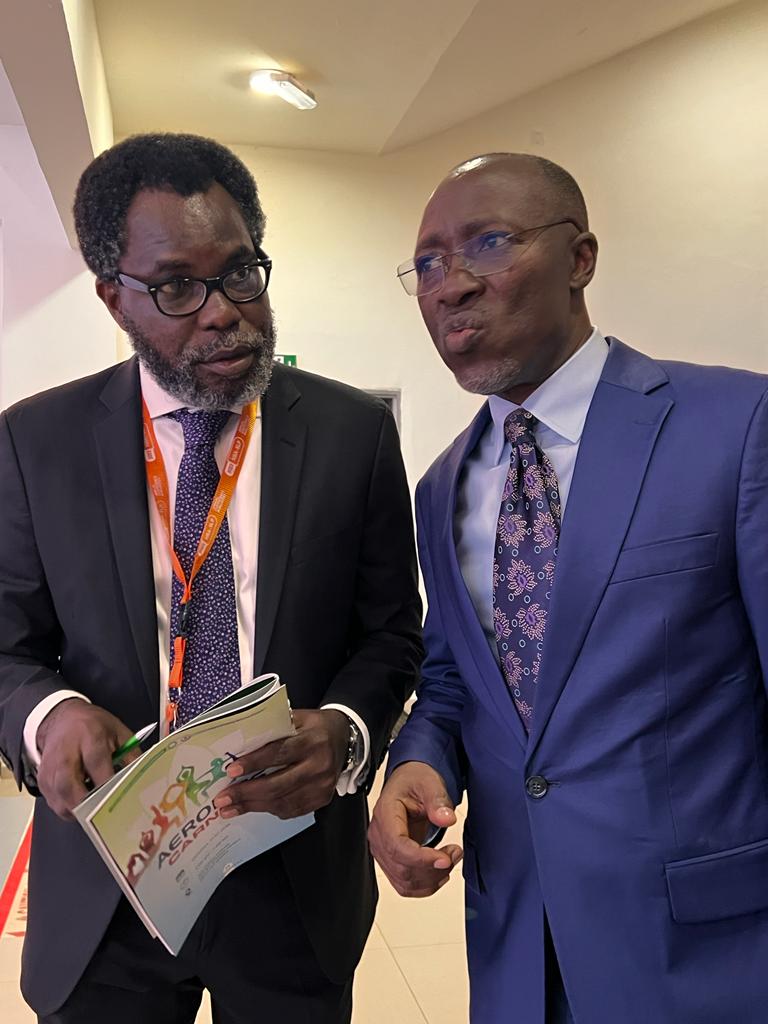
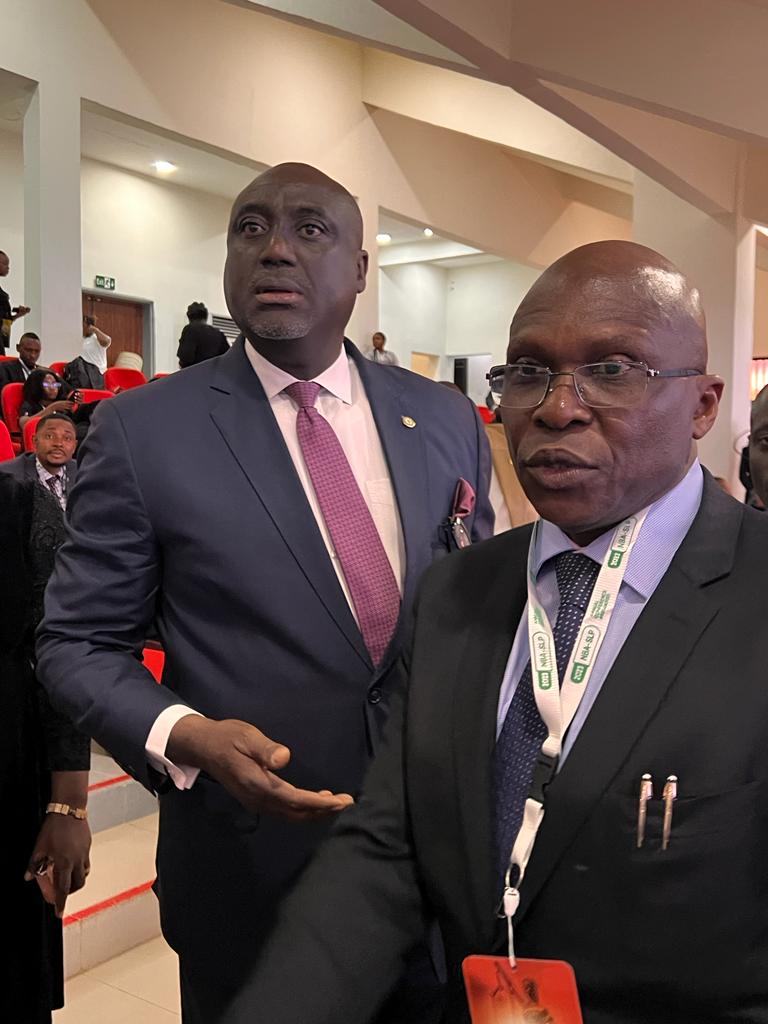
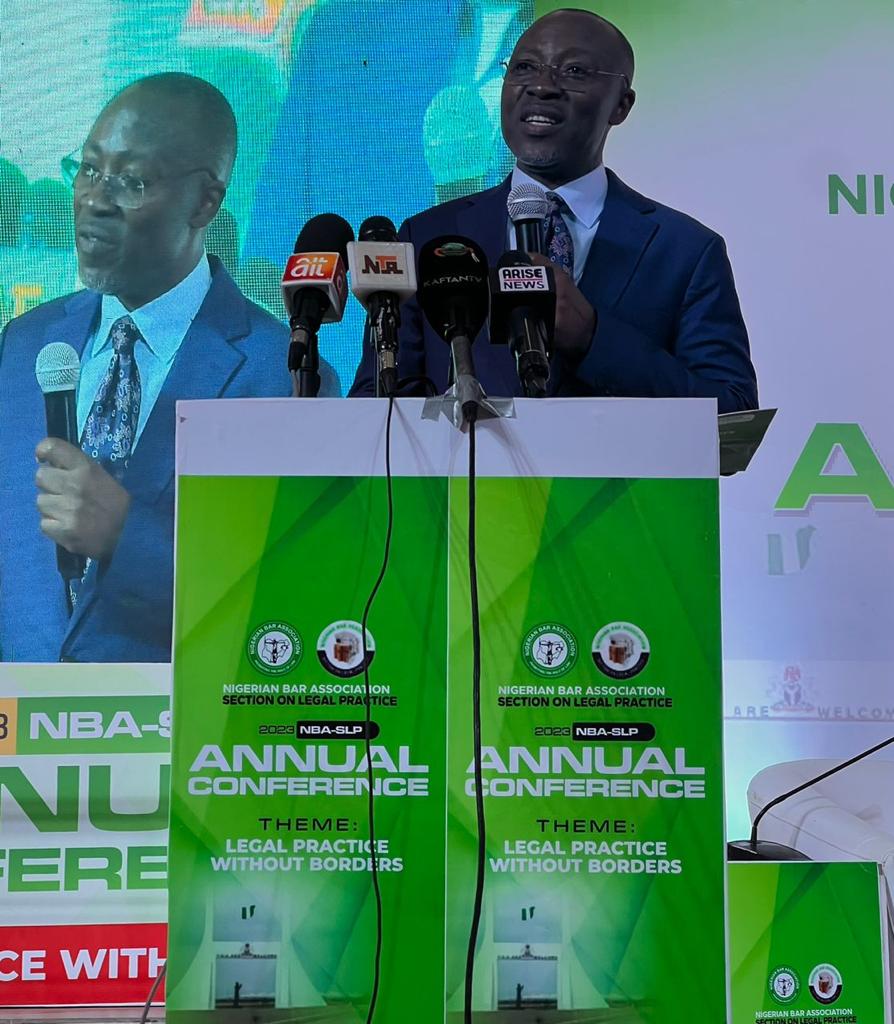
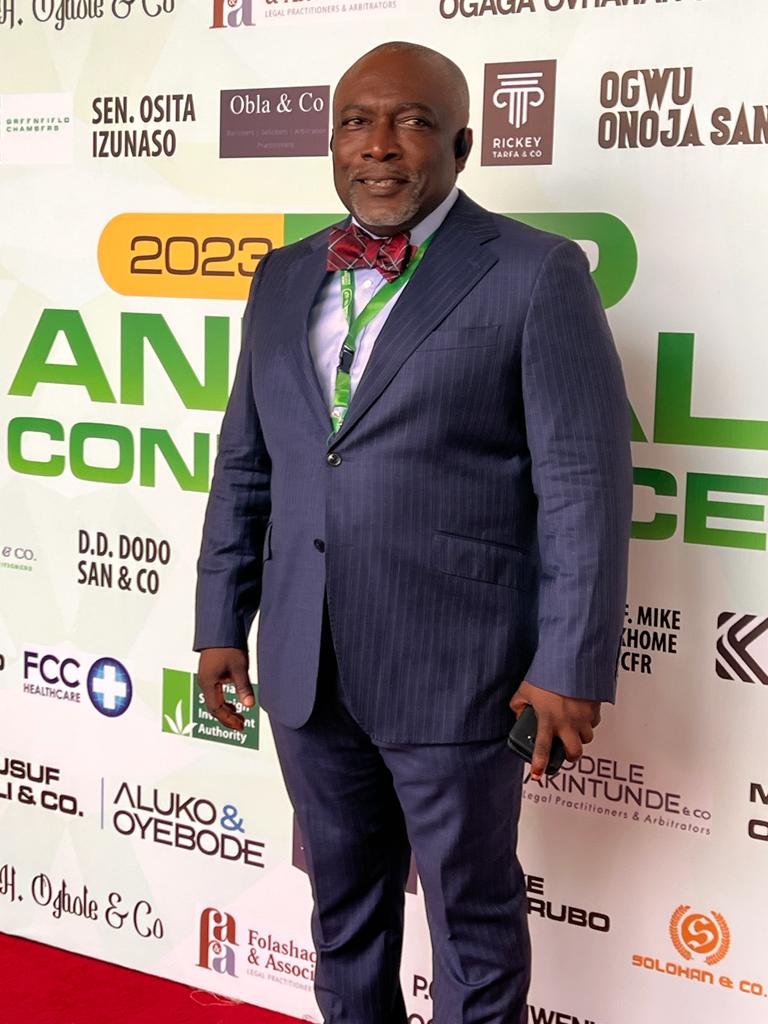
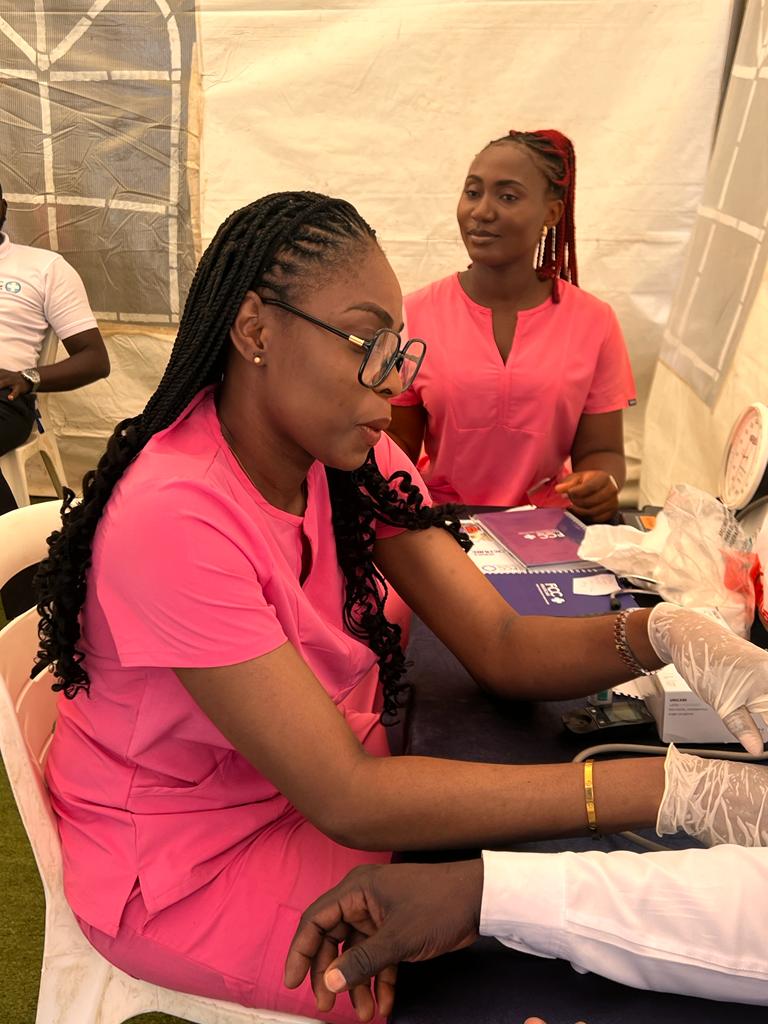
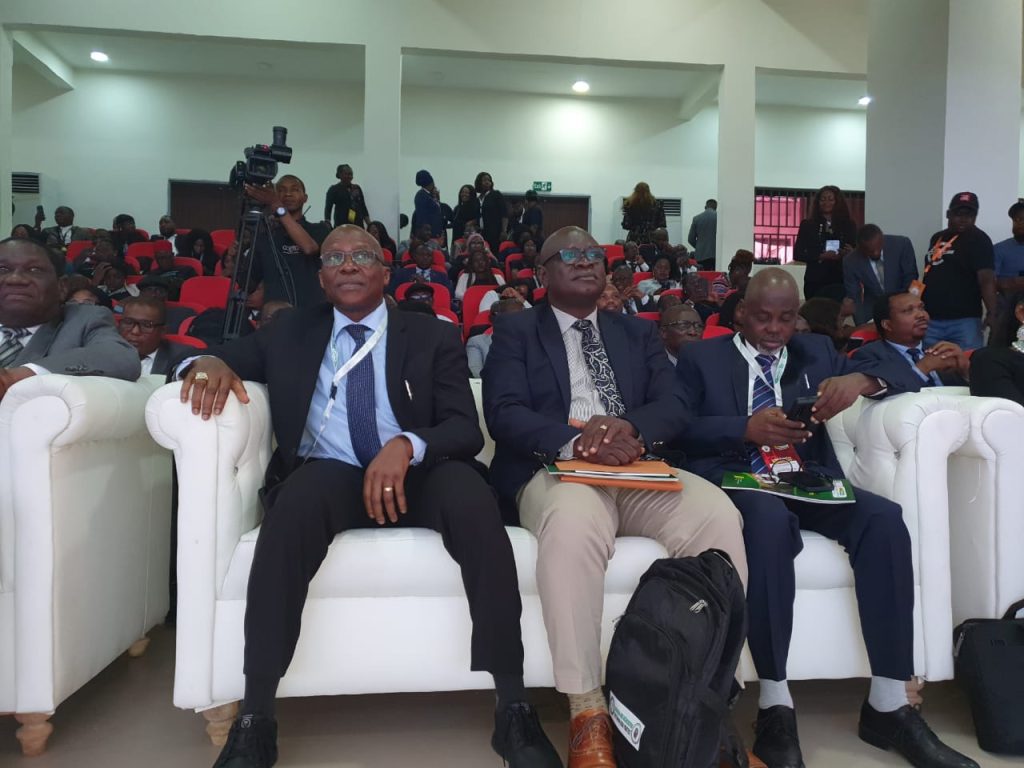
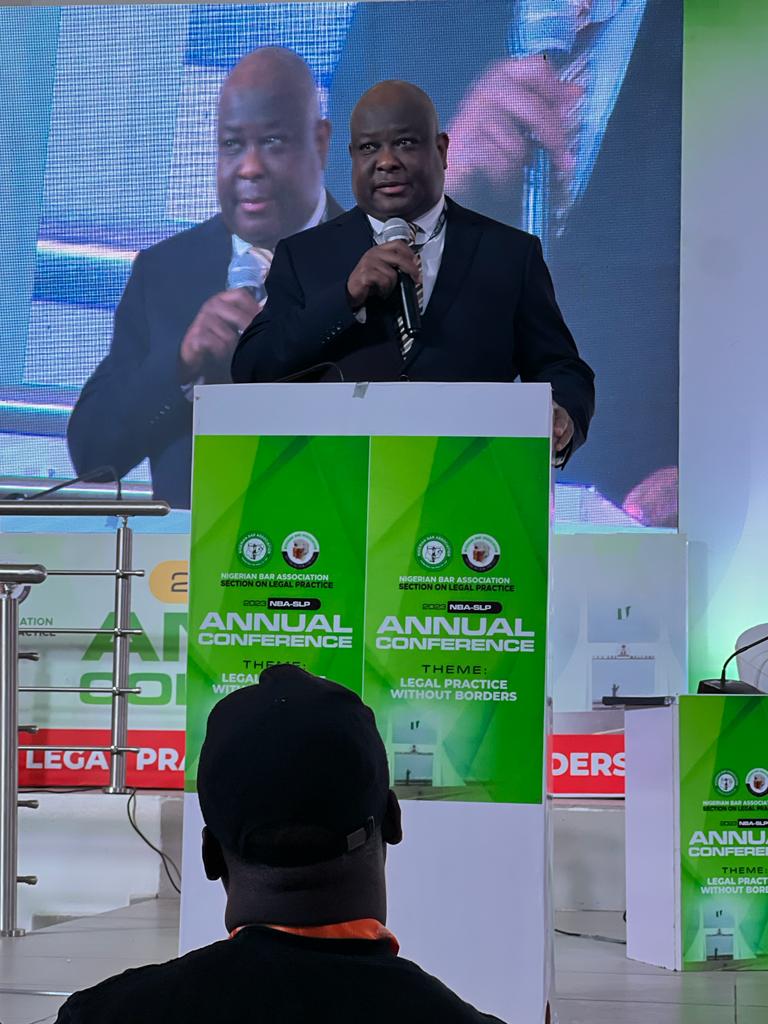
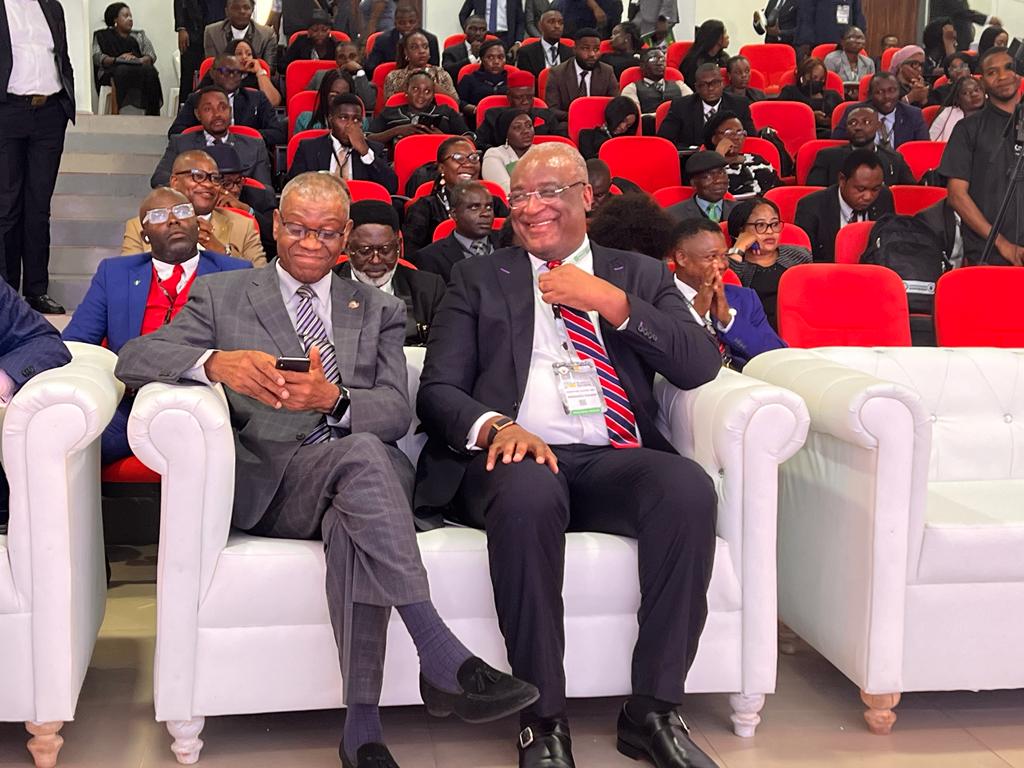
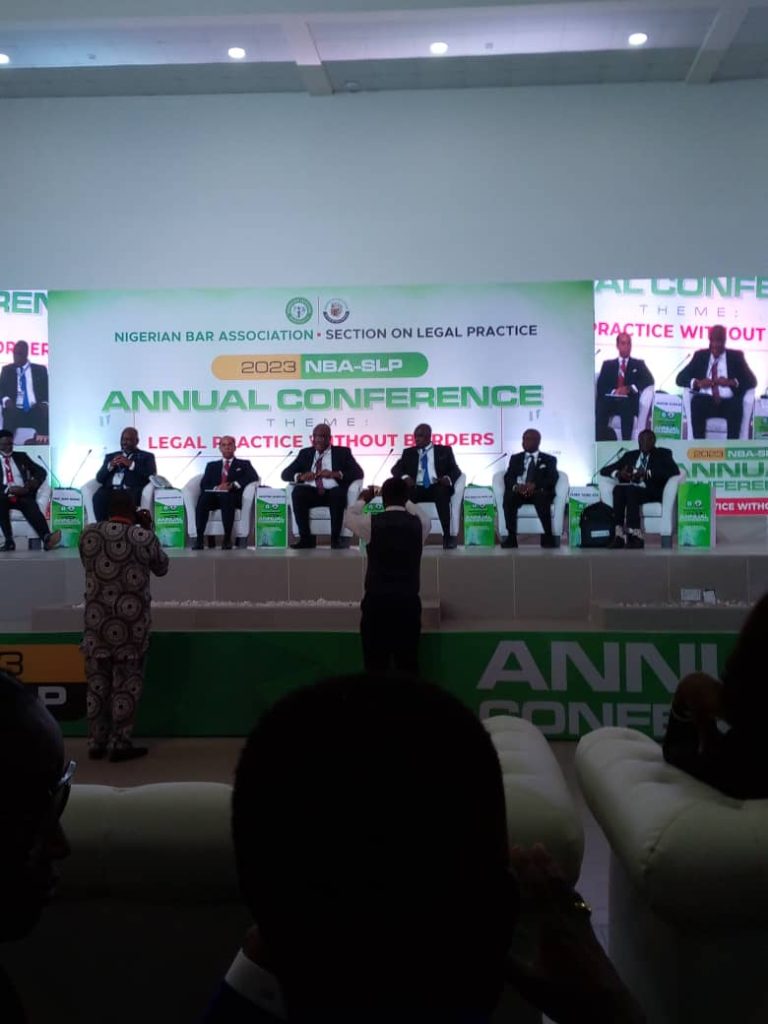
To join our CITY LAWYER ROUNDTABLE on WhatsApp, click here
To join our Telegram platform, click here
COPYRIGHT 2022 CITY LAWYER. Please send emails to citylawyermag@gmail.com. Join us on Facebook at https://web.facebook.com/City-Lawyer-Magazine-434937936684320 and on TWITTER at https://twitter.com/CityLawyerMag. To ADVERTISE in CITY LAWYER, please email citylawyermag@gmail.com or call 08138380083.
All materials available on this Website are protected by copyright, trade mark and other proprietary and intellectual property laws. You may not use any of our intellectual property rights without our express written consent or attribution to www.citylawyermag.com. However, you are permitted to print or save to your individual PC, tablet or storage extracts from this Website for your own personal non-commercial use.
